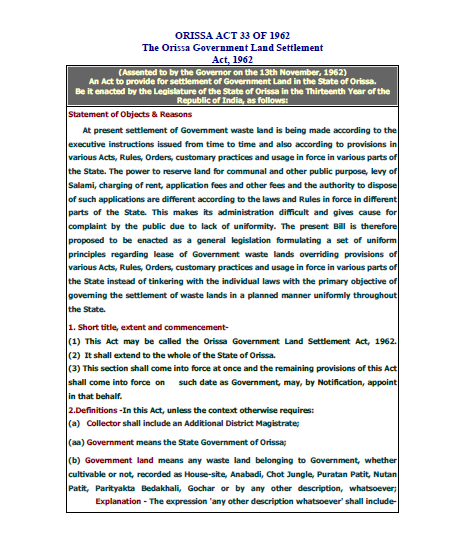Statutory recognition of customary land rights in Africa
Given the recent trend of granting vast areas of African land to foreign investors, the urgency of placing real ownership in the hands of the people living and making their livelihood upon lands held according to custom cannot be overstated. This study provides guidance on how best to recognize and protect the land rights of the rural poor.





